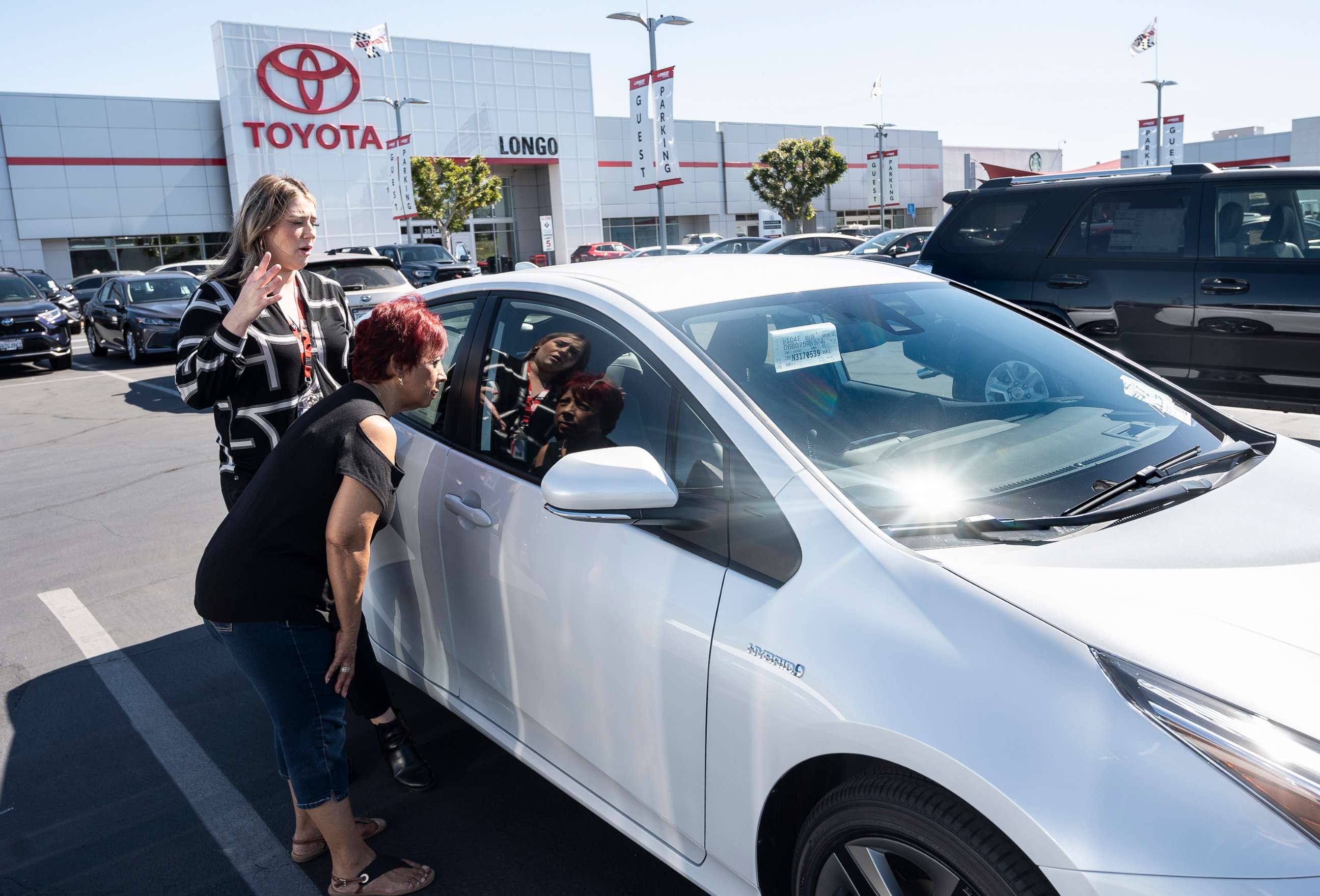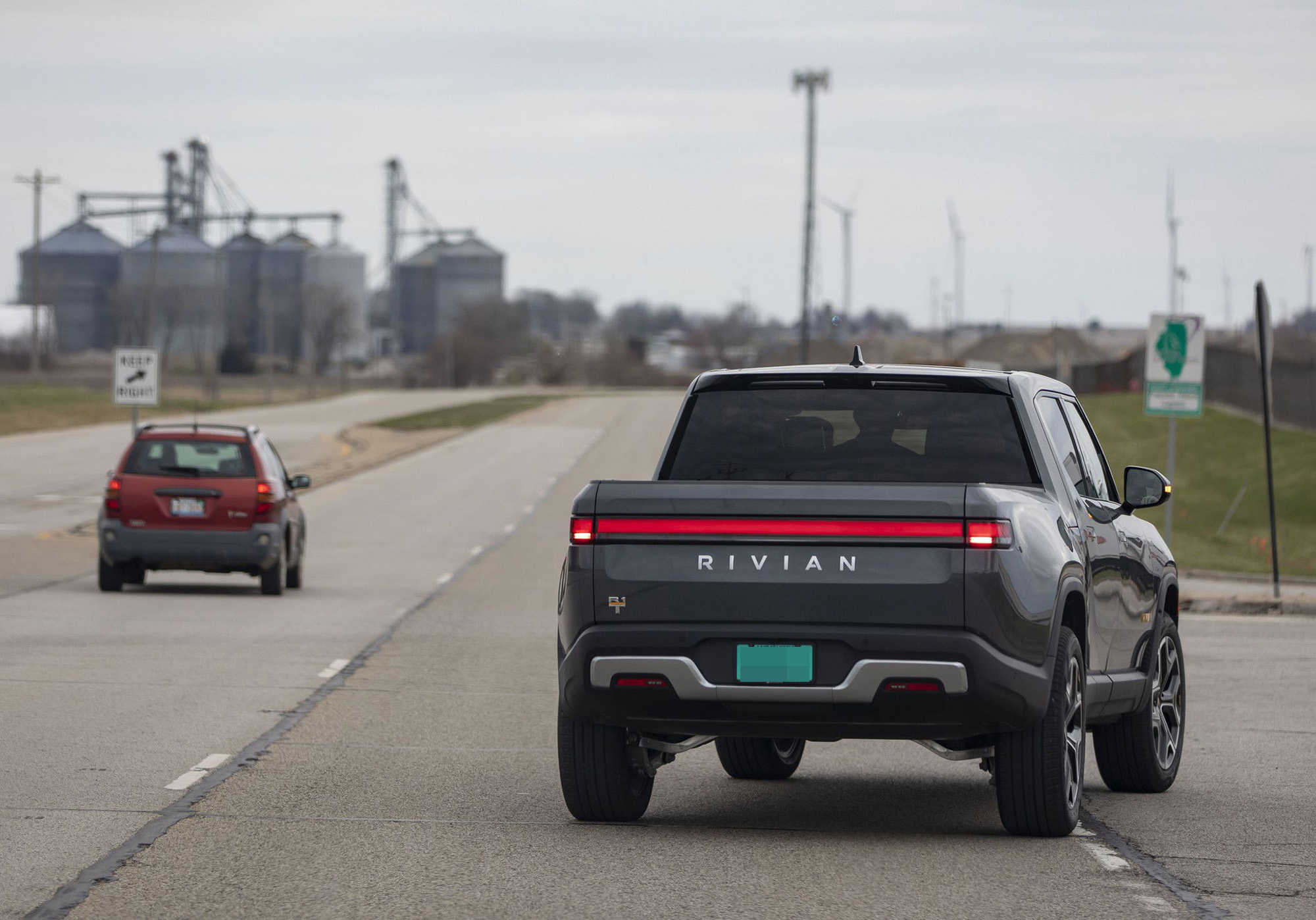Industry group says most EVs will no longer qualify for federal tax credits
An expert said there's a possibility that no EVs could qualify for the credit.
Electric vehicle shoppers hoping to get a tax credit from the government after President Joe Biden signs the Inflation Reduction Act into law might find fewer vehicles that qualify.
The Clean Vehicle Credit, a part of the Inflation Reduction Act that passed Congress last week, had a provision that added a credit of up to $4,000 for used EVs. The new law also removes the current 200,000 EV sales cap, which means vehicles made by Tesla, General Motors and Toyota are eligible again for a federal tax credit.
The law also tightens restrictions on which vehicles qualify for the credit. To receive the tax credit, vehicles must be manufactured in North America and made with batteries that have critical components sourced in either North America or supplied by the country's free-trade agreement partners. The new law also means that high-income buyers and more expensive EVs will not be eligible for the credit.
Of the more than 70 EVs currently on the market, one insider says there's a possibilitythat no EVs would qualify for a tax credit in the short term.
"When the Inflation Reduction Act is passed and signed by the president, those rules will change and become a lot more restrictive," said John Bozzella, president and CEO of Alliance for Automotive Innovation. "And that's because the purpose of the credit has changed. It's now focused on reducing our dependence on China for raw materials and battery components."

But as manufacturing of EVs and batteries move to the U.S., far more vehicles will qualify for the federal tax credit. Bozzella estimates that in five or seven years, there will be as many as 120 EVs on the market that could qualify for the new credit.
"It won't happen overnight despite the fact that companies are investing billions of dollars right now to develop those supply chains," Bozzella said. "So what you'll see is a reduction in the number of vehicles that will qualify, and then over time, we would expect that more vehicles will qualify in the future."
The changes have caused confusion for industry experts, manufacturers and consumers.
"Consumer Reports did a survey and we found that half of car buyers are more likely to purchase an EV if there's a tax credit that brings down the price, so those tax credits are obviously important to buyers," said Keith Barry, an auto writer at Consumer Reports. "And if people can't quite figure out which car qualifies, I imagine that will probably stall sales in the short term."

Manufacturers, dealers and others in the auto industry are waiting to see what effect the bill will have on EVs.
"There's a bit of a wait and see," Barry said. "Different manufacturers are saying different things about what cars will qualify during this sort of transition period. And there's no one size fits all answer here, unfortunately, until the regulations are fully written and the dust settles."




